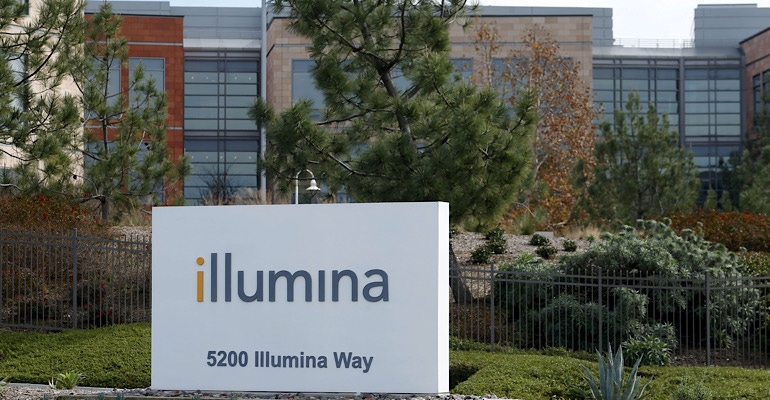Can Illumina Hold on to Grail?
Illumina’s $8 billion acquisition of Grail is likely to be vetoed by EU anti-trust regulators according to a Reuters report.
August 1, 2022

One of the industry’s biggest deals of 2021 is unraveling.
Illumina’s $8 billion acquisition of Grail is likely to be vetoed by EU anti-trust regulators, according to a report from Reuters. This comes after the San Diego, CA-based company made concessions to satisfy anti-trust concerns according to a Reuters report.
Reuters reported that concessions consisted of royalty-free global licenses to rivals of next-generation sequencing technology and equipment and a pledge not to pursue any patent litigation against BGI in Europe.
The next gen-sequencing company came under serious fire in 2021 when it went ahead and acquired Grail before the European Commission’s investigation of the deal was complete. At the time, Illumina argued the Commission didn’t have jurisdiction over the deal because Grail didn’t conduct business in Europe.
The Commission is expected to decide on the case by Sept. 12, according to Reuters.
Illumina and Grail aren’t strangers. Illumina spun off the liquid biopsy specialist in 2016, right ahead of the JP Morgan Healthcare Conference. Grail went on to set the bar for financing rounds – raising as much as $100 million in a series A.
Prior to Illumina making a bid to bring it back into the fold, Grail was well on its way to becoming a public company.
This isn’t the first time Illumina has faced scrutiny over a deal. Concerns from FTC put an end to the genetic sequencing giant’s move to acquire Pacific Biosciences. The controversial deal made MD+DI’s list of 6 Medtech Deals That Went Horribly Wrong.
Illumina first announced its intention of acquiring Pacific Bio for $1.2 billion in late 2018, however, FTC said such a deal would harm competition by reducing the combined firm’s incentive to innovate and develop new products. FTC also argued that PacBio and Illumina drive each other’s innovation, and the acquisition would eliminate that incentive.
Because the deal ended prematurely, Illumina paid Pacific Bio a $98 million termination fee.
About the Author(s)
You May Also Like



.png?width=300&auto=webp&quality=80&disable=upscale)
